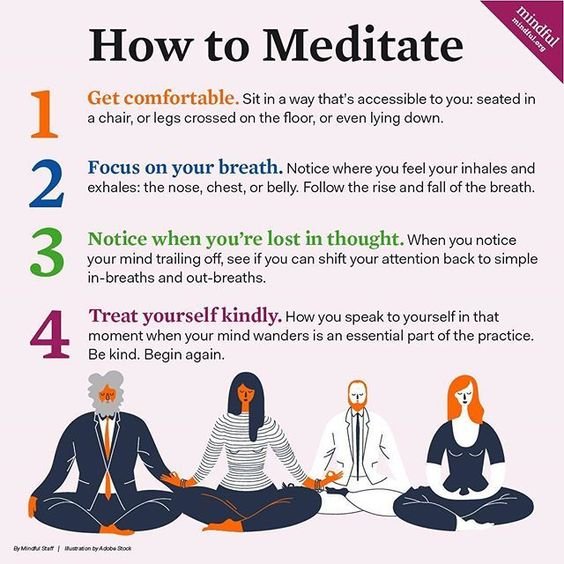PODCAST

Why There Is No 'Best' Meditation Position | Ep 252
It feels like every tradition has a prescription on how you should sit; where to hold your hands, what to do with your eyes, and how you should handle sleepiness and pain are all prescribed.
Life Sucks When Your Expectations Are Not Met | Ep 248
The difference between expectation and reality is often the source of significant discontent.
Life trains us to search for ideals: the perfect partner, job, life, outcome. Unfortunately this almost never arises and even if it did, it would be fleeting…
Give The Gift Of Presence - Guided Meditation | Ep 247
What greater gift can you give someone than the gift of presence? When you are fully present, mindful, and in the moment, you are able to give all those around you access to the best version of you, and thus the moment they are in with you.
In this episode, I share with you a guided meditation…
Why You Should Never Stop Learning About Yourself | Ep 245
The more you know about yourself the better choices you will make and thus the better life you will lead.
In this episode I share some recent instances of deep personal insight where I discover things about myself that are both good, bad, and ugly.
I share the importance of such discoveries as well as the ways in which I (and you can) foster further insights into your own nature.
How To Mindfully Meditate For Absolute Beginners | Ep 244
Yesterday, a friend asked me how to meditate, that talk inspired this episode. Here is my guidance for absolute beginners:
1: sit comfortably (no pain or sleepiness)
2: set a timer for 5 minutes
3: pick a meditation object (breath, vision, sound)
4: when you notice a wandering kind, bring it back to focus. A successful session is one that you complete, ideally every day!
Escape The Labels That Define You | Ep 241
The moment we label something, it is limited. The label isn’t the truth, it is a representation of, it’s a finger pointing to the moon, it is a suggestion of possibility that always falls short of reality.
Eliminate Excess Suffering By Identifying 'The Second Arrow' | Ep 239
Life will shoot us with the first arrow - these are real injuries, setbacks, losses and pain.
But the greater cause of our suffering comes form ‘the second arrow’ - the fear, anxieties, ruminations, and other internal mechanisations that we dwell upon.
In this episode I discuss the concept of the second arrow, as well as how we can use it to eliminate significant amounts of excess (and useless) suffering.








